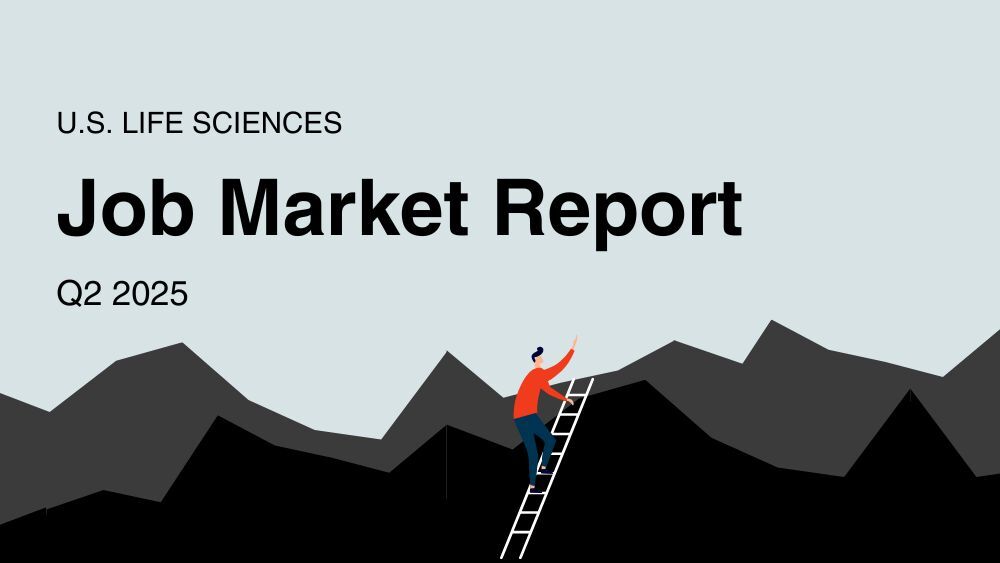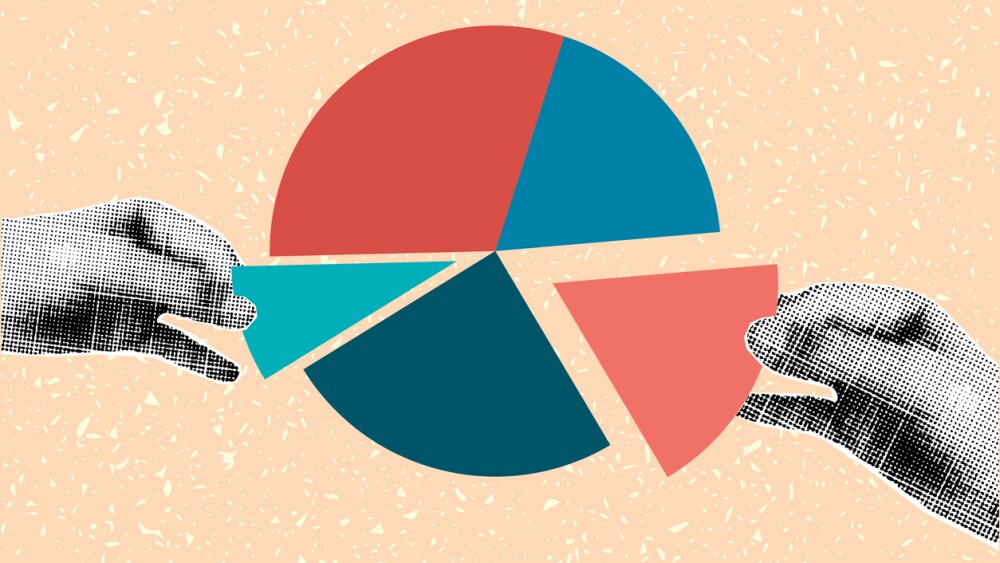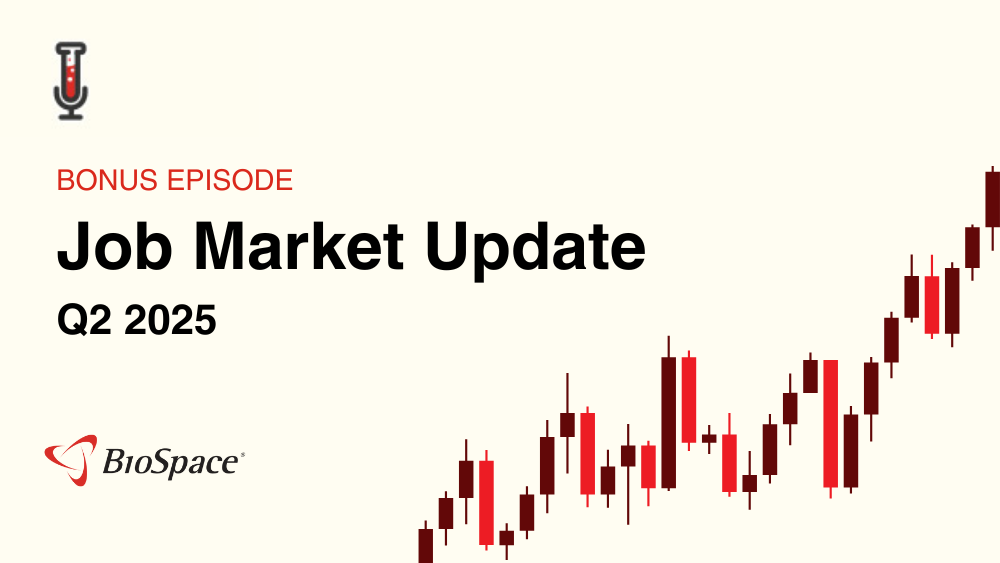News
The FDA’s Vinay Prasad recently claimed in an internal memo that at least 10 children have died from coronavirus vaccines, but an internal safety review showed that the count was much lower.
FEATURED STORIES
Nearly 90% of senior leaders who were at the FDA a year ago are no longer with the agency, a BioSpace analysis shows. None remain from the Office of the Commissioner.
Early decisions about manufacturing and supply chains could prove costly as a company reaches the commercial stage.
Venture capital flow to women-founded companies has stabilized in the post-pandemic environment. BioSpace looks back at five companies that have nabbed the most over the past two decades.
Job Trends
The life sciences job market continues to shift. BioSpace’s Q2 2025 U.S. Life Sciences Job Market Report is now available, offering exclusive insights into the latest hiring trends, layoffs, and workforce dynamics across the life sciences industry.
FROM OUR EDITORS
Read our takes on the biggest stories happening in the industry.
After Sarepta reported the death of a patient who had recently taken the gene therapy Elevidys, patient advocacy group Parent Project Muscular Dystrophy stepped up—as they always do.
THE LATEST
The Commissioner’s National Priority Voucher program was launched in June to shorten review times for companies that align with various national priorities, such as improving domestic drug production and supply.
Pfizer deals again in obesity space as Wave and Structure drop splashy weight loss results; what CDER Director Richard Pazdur’s sudden retirement means for biopharma; neuro diseases take center stage at CTAD; and more.
With $6 billion left in firepower, Pfizer is planning transactions in the hundreds of millions to the low-billions range, particularly in internal medicine and immunology and inflammation, Guggenheim reported.
Long a quieter, locally focused industry, Japanese pharma giants are increasingly looking to the rest of the world for deals.
After a series of unfortunate regulatory rejections and manufacturing issues surfaced, Regeneron’s shares dipped to $483 this summer—the lowest they’d been since early 2021. But they now sit higher than they did at the start of the year.
Saol Therapeutics received a complete response letter for its pyruvate dehydrogenase complex deficiency treatment a week after the FDA unveiled its Rare Disease Evidence Principles program. On Dec. 18, in a Type A meeting, the biotech will attempt to convince the agency that its drug fits perfectly into the framework.
TERN-701 more than doubled the response rate of Novartis’ rival approved therapy in an early-stage trial, sending the biotech’s shares flying.
Pfizer apparently had more in the tank after the high-profile battle to acquire Metsera earlier this fall. The company has licensed a new GLP-1 from YaoPharma.
For traditional approval, CAR T therapies will need to establish superiority over current standard treatments, including already-approved CAR T products.
At the heart of the deal is Relation’s Lab-in-the-Loop platform, which uses AI models to improve understanding of diseases and guide clinical development programs.






















